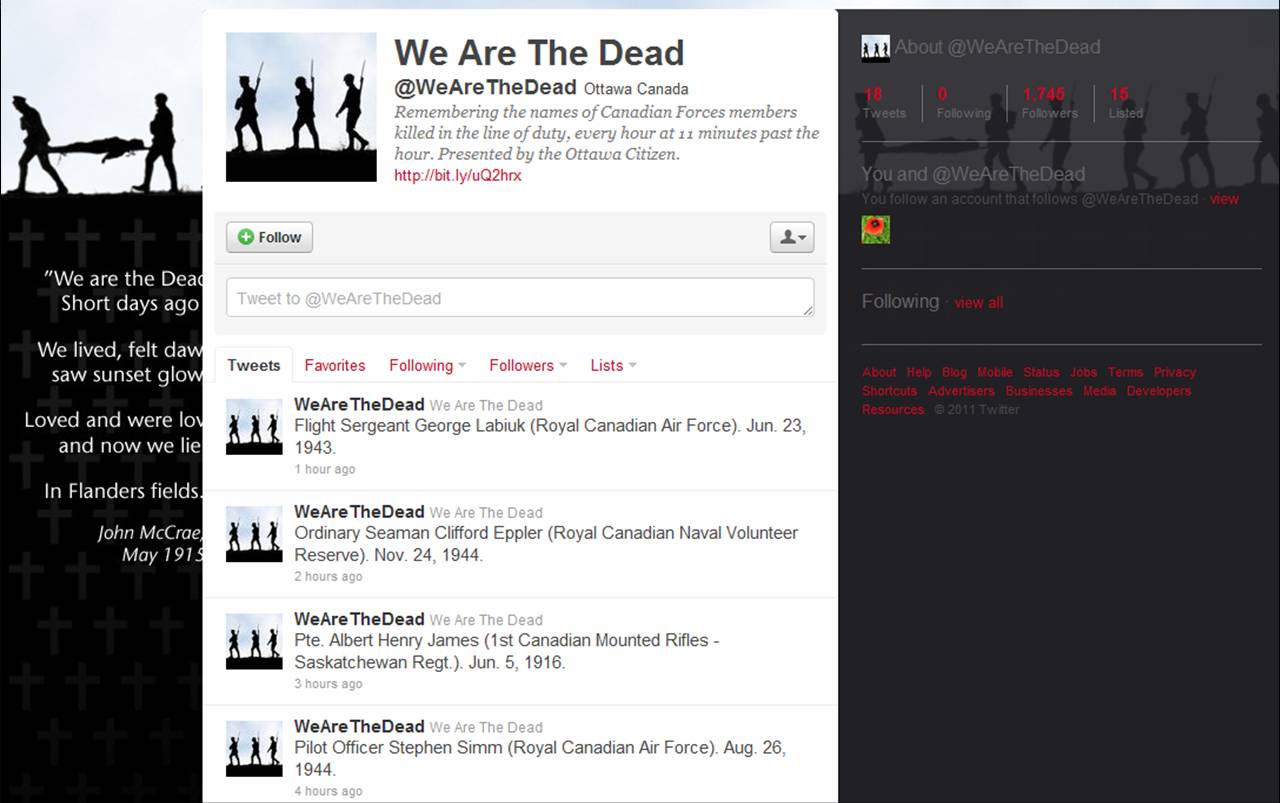In an ever-changing online world the BBC continues to move forward with various new projects.
Here is a quick round up of just a few of the latest developments.
BBC tweets go human
I flagged this up in a previous post, but here is Chris Hamilton, the Social Media Editor, talking to Nieman Lab about the switch to human tweeting on the BBCNews and the BBCWorld Twitter accounts:
“We want to be tweeting with value...are we exposing our best content, and also tweeting intelligently?” Simply sending out a story is an important first step in Twitter practice, particularly in an environment that finds more and more people getting their news through social channels. But then: “What can we add to that story?”The BBCNews account will be human controlled during the day, before returning to automated "cyborg" mode for periods overnight, although the aim, as far as possible, is to have human tweeting 24/7.
If the experiment with BBCNews is successful it will be rolled out to BBCWorld as well.
Hamilton describes this as the first step in a longer term strategy and he noted that the BBC is still trying to work out the extent to which the BBC can engage with Twitter users who mention or reply to the BBC's accounts.
(A problem of scale that has thus far been unsolvable. We seem to think that these 'new' 'social' media tools have to be two-way all the time because that is often how they started out, the 'social' bit in the title and they are good at 'social' on a small scale. When in fact they also do 'broadcast' very well. They are flexible media tools that you can use for either 'social' or 'broadcast' and indeed, both to a greater or lesser extent at the same time.)
Development of live pages
It has been a busy year and a busy year for live pages which have been used at the BBC for the UK general election, Egypt, the Japan earthquake, Oslo and Utoya, and Libya.
The Editor of the BBC News website Steve Herrmann is keen to develop the pages claiming the format has been a "big success in terms of usage".
Rather than having a single focus, the BBC is giving a more general live page a whirl with the latest updates from various stories all in one place. You can see it in action here.
I think one of the key questions is whether eventually this type of page will merge with the home page to form some sort of live updating home page.
That might be a bit too much activity for a home page, but for some time the Web has been moving towards becoming a constantly updating 'live' medium. Home pages already update much more than they used to in the past.
BBC experiments on Google+
BBC World Have Your Say has been experimenting with Google+ since August. It appears the social media producer has been using the 'hangout' feature to talk to listeners and potential contributors to the show...
And the BBC's Outriders programme has also started up a page recently.
There is also some standard sort of pages like BBC News and BBC World Service.
 The
The 